Origami Creations
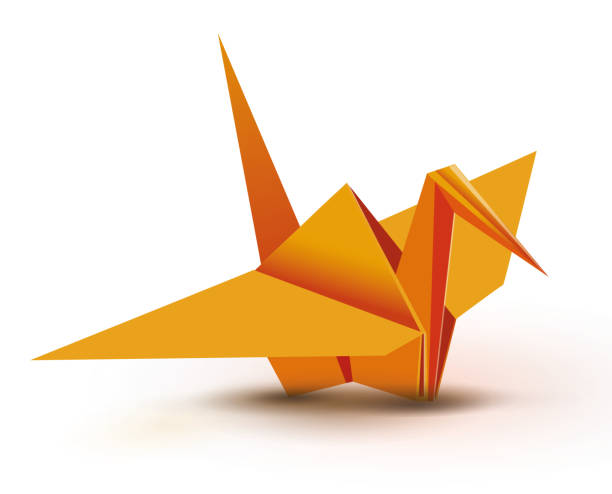
Origami Crane
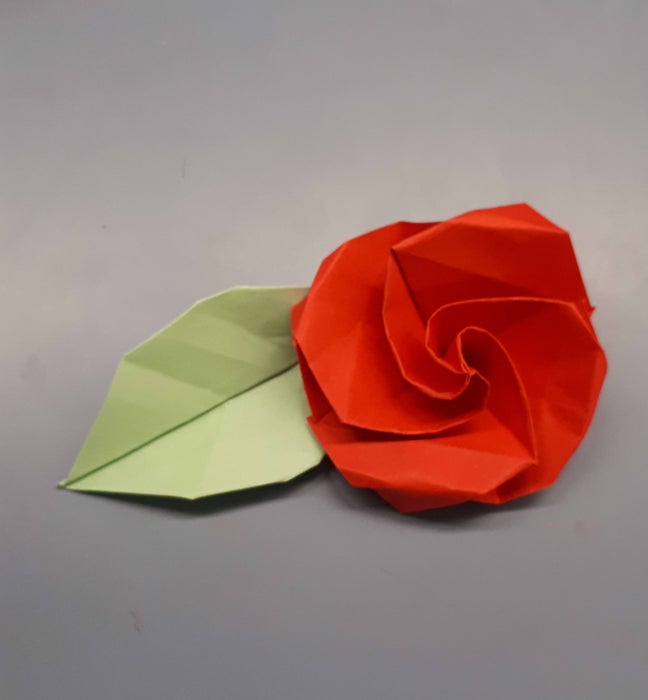
Origami Flower
Discover the beauty and precision of origami, an ancient Japanese tradition.
Origami is the traditional Japanese art of folding paper into a variety of forms and shapes. This art requires precision and creativity, transforming a simple piece of paper into a work of art.
Origami (折り紙, Japanese pronunciation: [ori gami], from ori meaning "folding", and kami meaning "paper" (kami changes to gami due to rendaku)) is the Japanese art of paper folding. In modern usage, the word "origami" is often used as an inclusive term for all folding practices, regardless of their culture of origin. The goal is to transform a flat square sheet of paper into a finished sculpture through folding and sculpting techniques. Modern origami practitioners generally discourage the use of cuts, glue, or markings on the paper. Origami folders often use the Japanese word kirigami to refer to designs which use cuts.
The small number of basic origami folds can be combined in a variety of ways to make intricate designs. The best-known origami model is the Japanese paper crane. In general, these designs begin with a square sheet of paper whose sides may be of different colors, prints, or patterns. Traditional Japanese origami, which has been practiced since the Edo period (1603 - 1868), has often been less strict about these conventions, sometimes cutting the paper or using nonsquare shapes to start with. The principles of origami are also used in stents, packaging, and other engineering applications.
The Japanese word origami itself is a compound of two smaller Japanese words: "ori" (root verb "oru"), meaning to fold, and "kami", meaning paper. Until recently, not all forms of paper folding were grouped under the word origami. Before that, paper folding for play was known by a variety of names, including "orikata" or "origata" (折形), "orisue" (折据), "orimono" (折物), "tatamigami" (畳紙) and others.

Origami Crane

Origami Flower
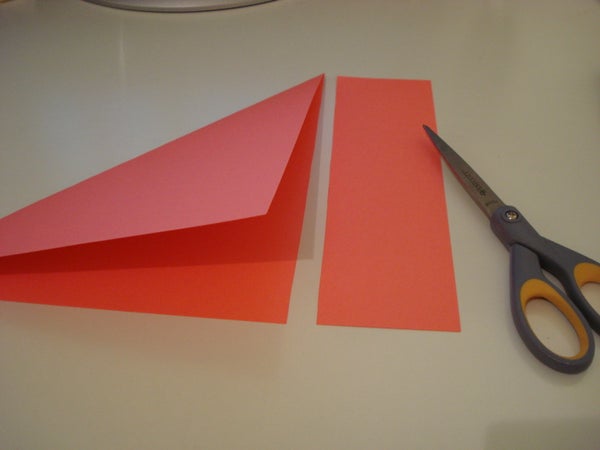
Step 1: Cut Your Paper to Size. If the paper is not square, fold one edge diagonally to form a triangle and cut off the excess paper.
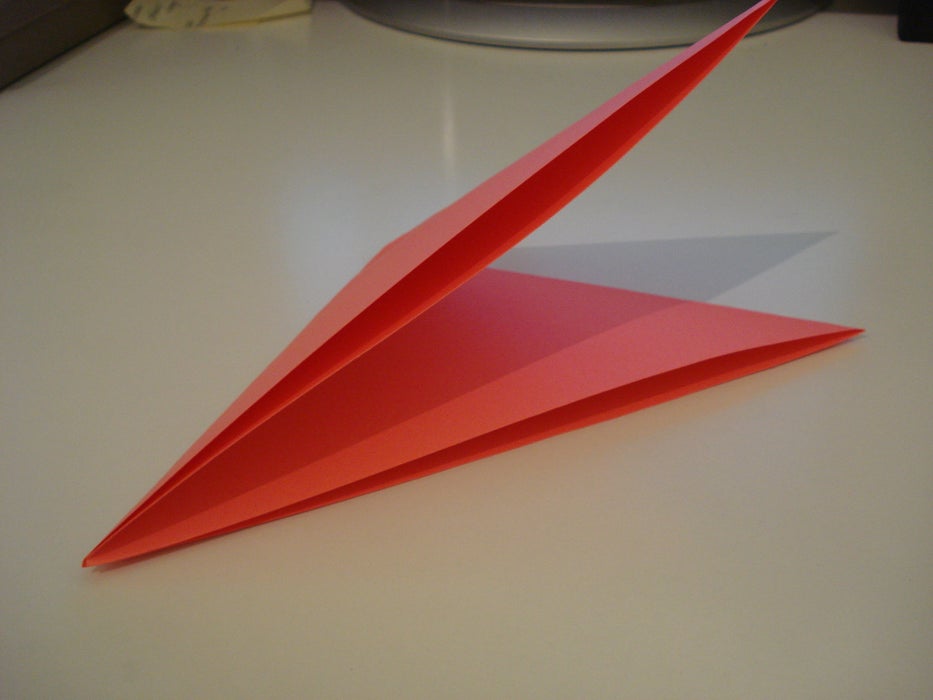
Step 2: Make Triangles. Fold the paper in half diagonally to form a smaller triangle.
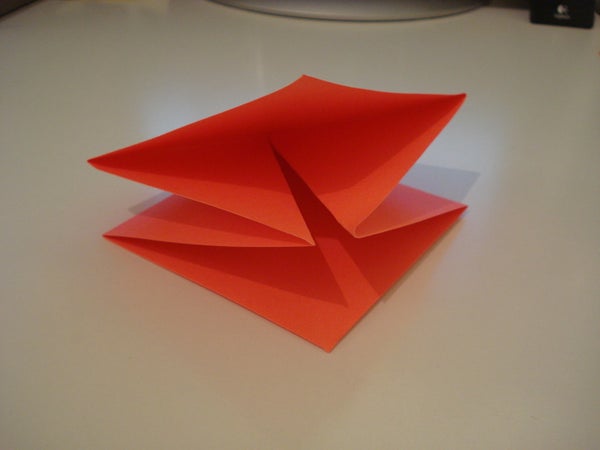
Step 3: Make Squares. Open one layer of the triangle and squash it down into a square. Repeat on the other side.
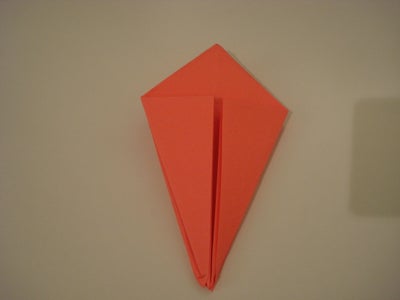
Step 4: Make More Triangles. Use creases to fold one corner towards the middle. Repeat this on both sides and unfold for future folds.
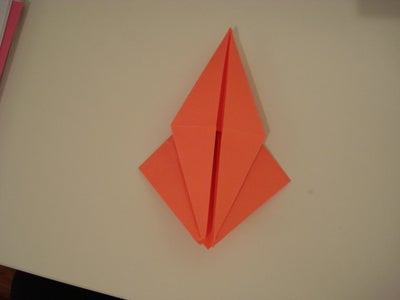
Step 5: The Tricky Bit. Use the creases to fold the bottom corner up and bring the outside corners towards the middle. Repeat on the other side.
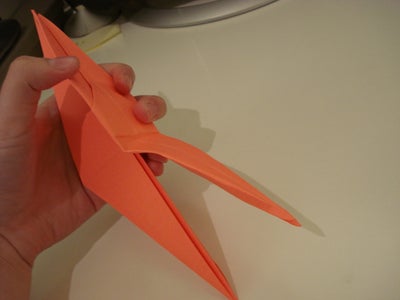
Step 6: Folding the Neck. Fold the outside corners towards the middle line, and fold up the long skinny part, forming the neck with an inside reverse fold.
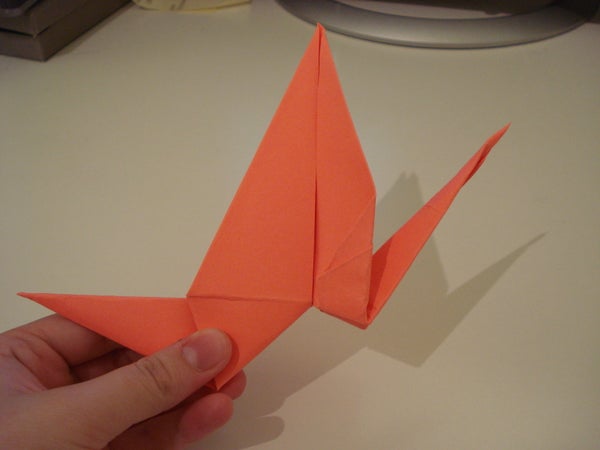
Step 7: Folding the Tail. Create another inside reverse fold to form the tail, but have it point out horizontally.
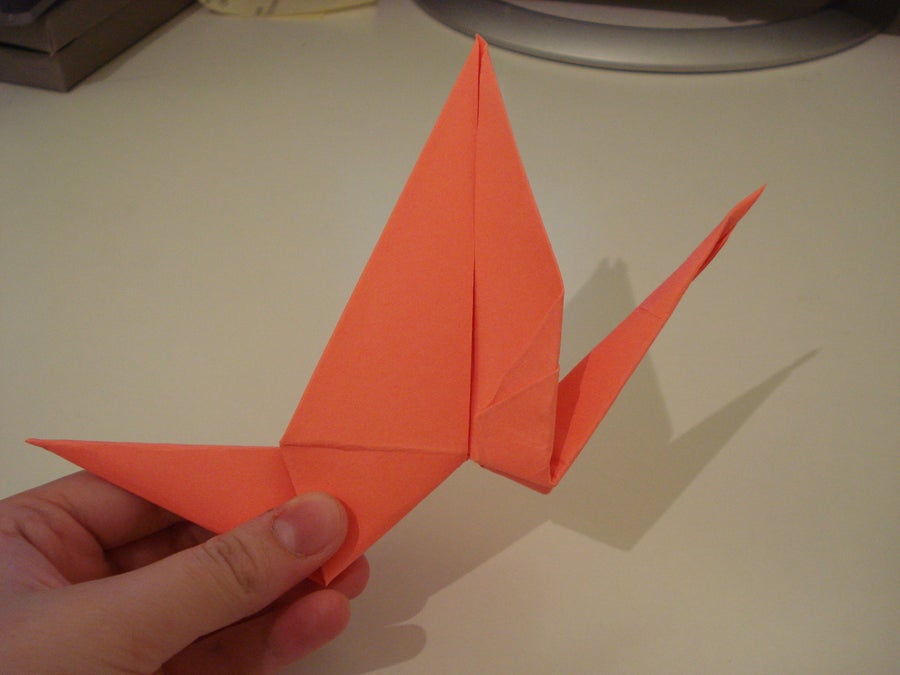
Step 8: Fold the Wings. Fold down the wings from the corners. Open up the back layer of the wings to make your crane fly better.
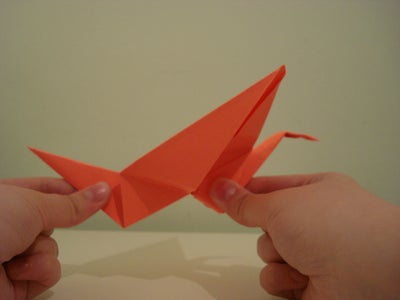
Step 9: Make That Crane Flap. Gently pull the tail outwards and the wings will flap. Great job!
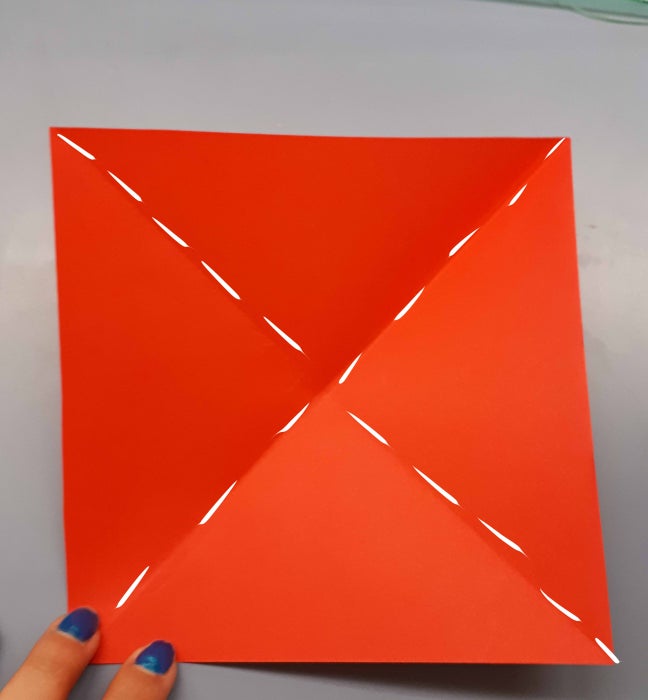
Step 1: Fold the Paper in Half Twice.
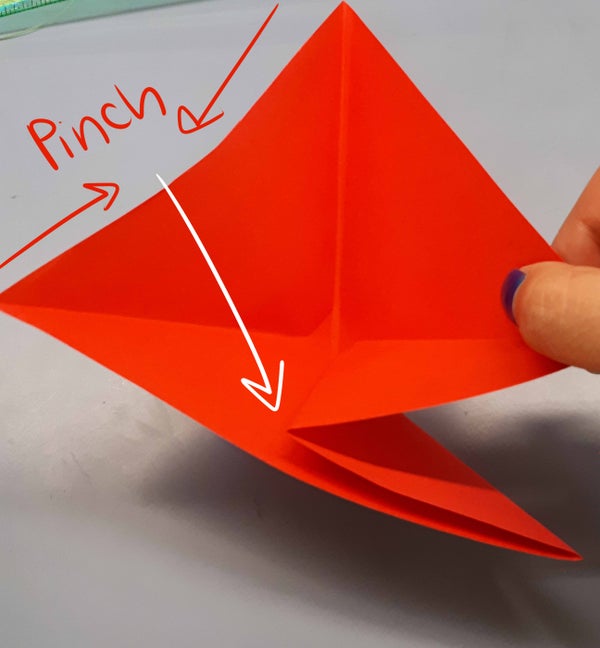
Step 2: Fold One End Down and Fold Over It With Another End. Repeat this fold.
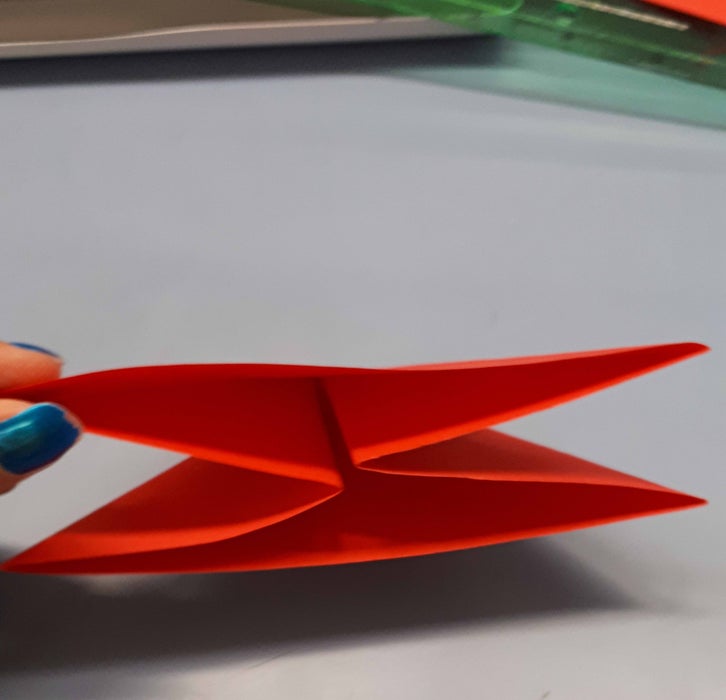
Step 3: Do the Same on the Other Side. They should look like 2 little M's facing each other!
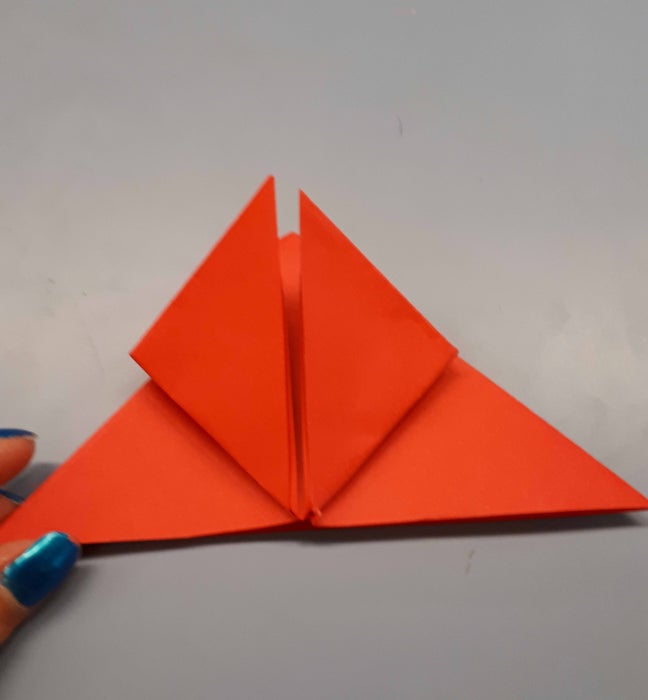
Step 4: Fold the Side Folds Up to the Middle.
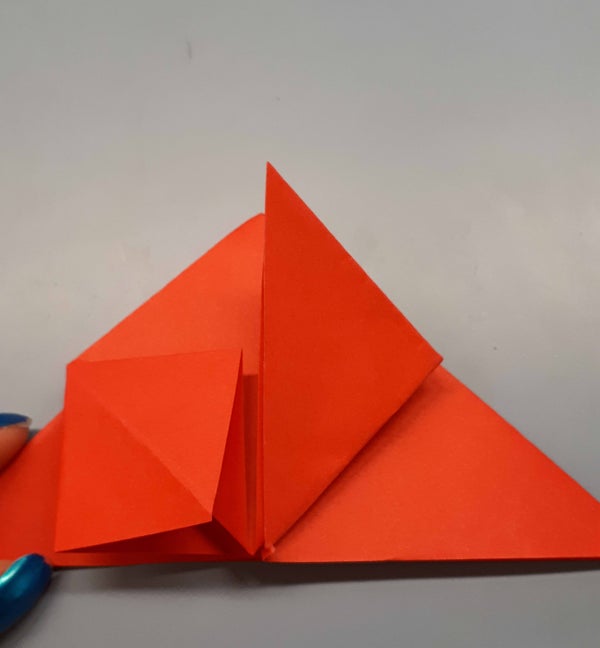
Step 5: Open Up the Folds and Fold Them Down Into Squares. Repeat this fold.
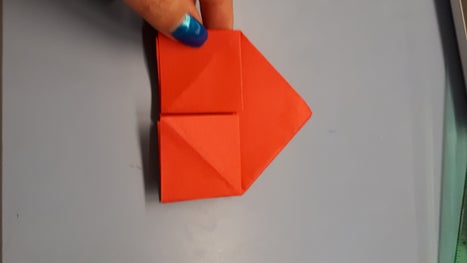
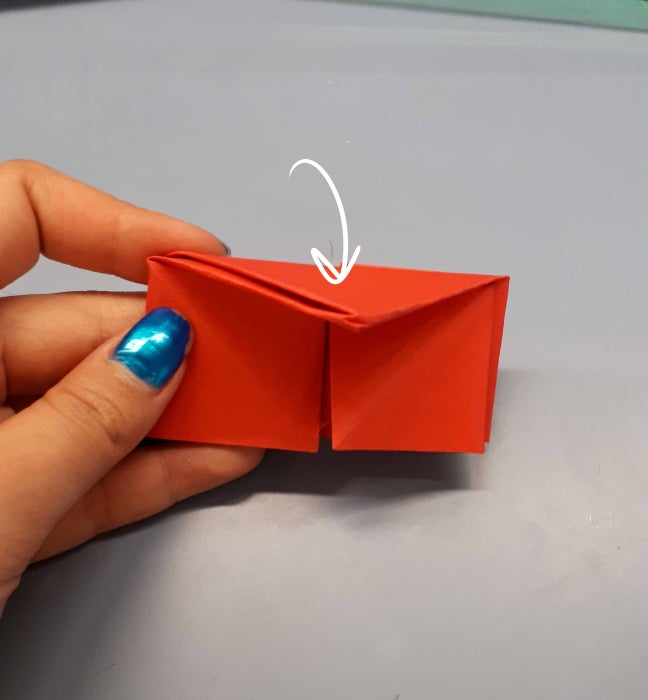
Step 6: Repeat the Same Step on the Other Side.
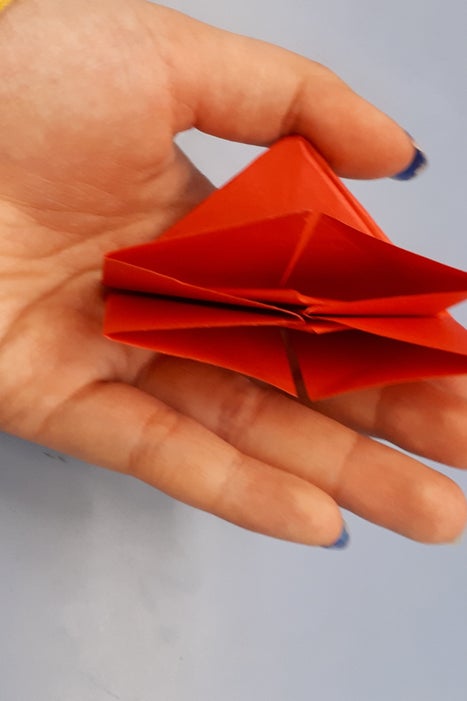
Step 7: Fold the Triangle Down (as shown in the picture).
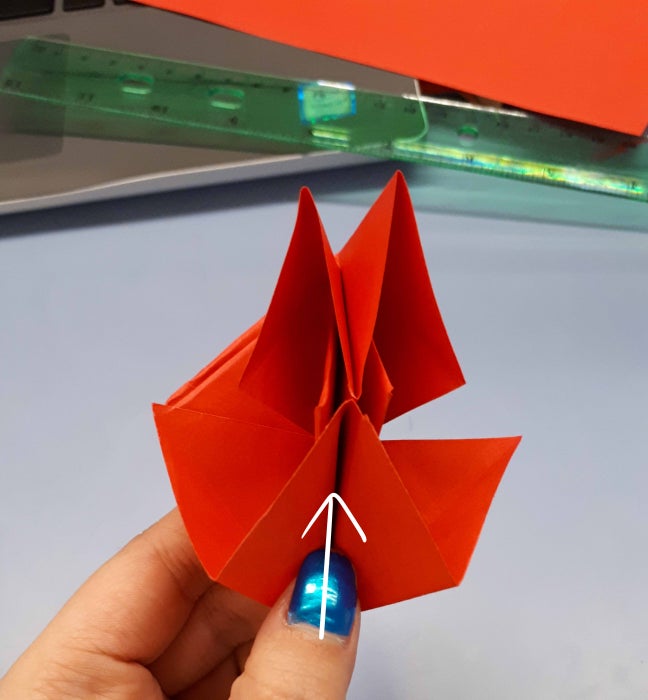
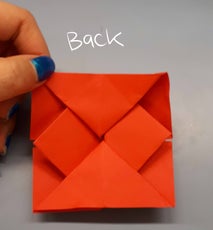
Step 8: Push the Triangles Down (as shown in the picture) and Flip the paper.
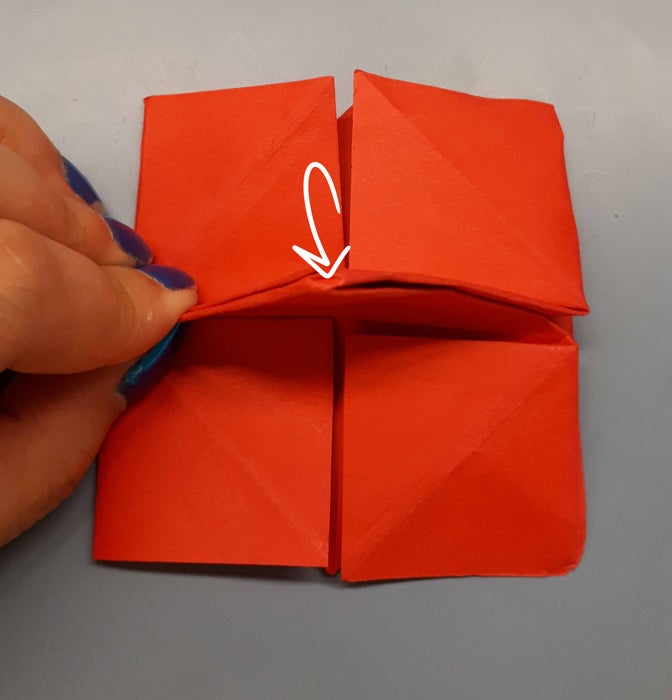
Step 9: Fold Up the Triangle.
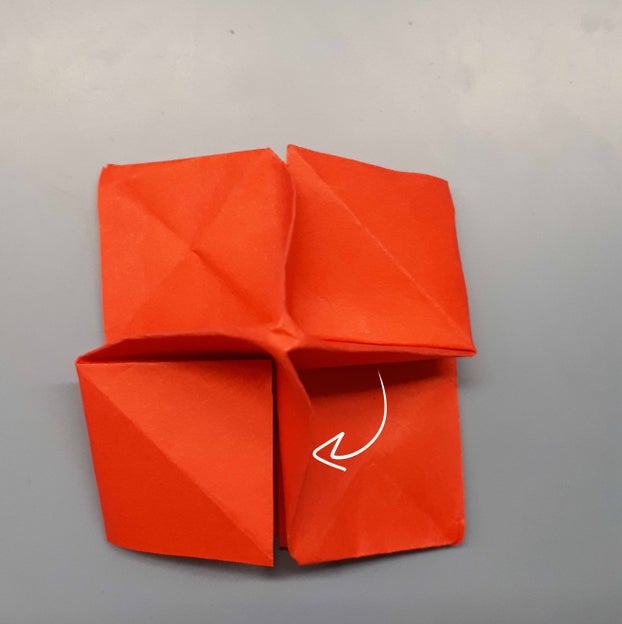
Step 10: Fold 2 of the Squares Up (as shown in the pictures).
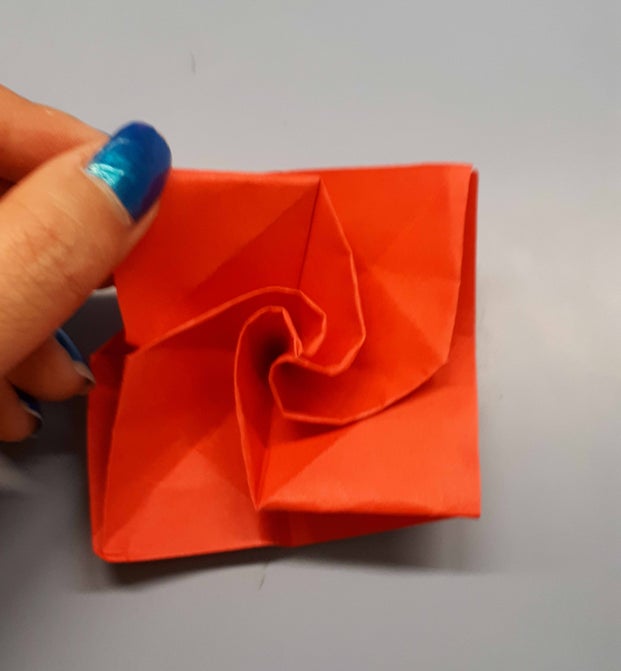
Step 11: Pinch the Top, Then Twist It.
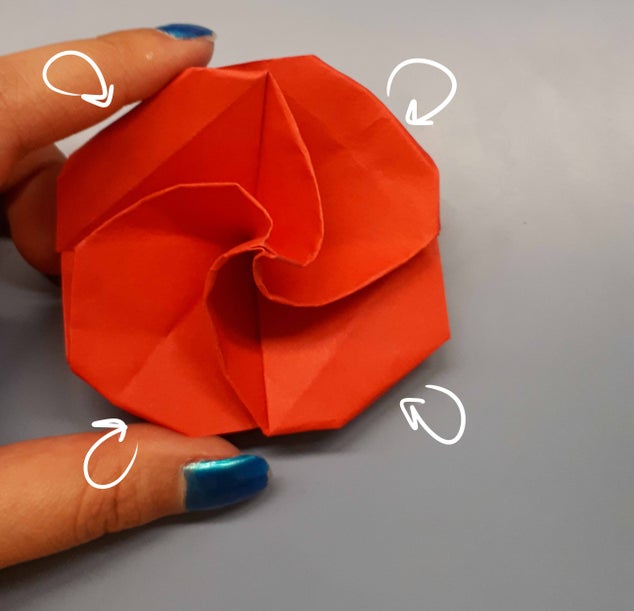
Step 12: Fold Down the Sides to Create Petals, and Twist Some More to Shape the Flower Nicely! You can use a toothpick if you'd like.

Step 13: You're Done! Enjoy your beautiful origami flower.